Epigastric hernia treatment without surgery? are the bulges of the intestines that can be developed around the intestines. Hernias are of many types, and they usually occur when there is pressure by organs through a weak spot in the muscles. Different kinds of hernias can be inguinal hernias developed in the body by the intestine or the pushes of the lower abdomen in the wall near the groin. An epigastric hernia is a lump of hernia in the midline between the belly and the sternum, and it can cause pain. These are protected by the abdominal wall and can have up to 4 layers of protection. The treatment options include surgery to medication, but in this blog, we look at the Epigastric hernia treatment without surgery?.
Also Read: Zerodol SP Tablet Uses, Benefits, dosage, Side Effects, concerns
Treatment options for Epigastric hernia treatment without surgery?
Many hernias are not severe and will not have any complications that can include digestive tract obstruction. These are some of the treatment options for epigastric hernias without surgery.
1 Aloe vera juice
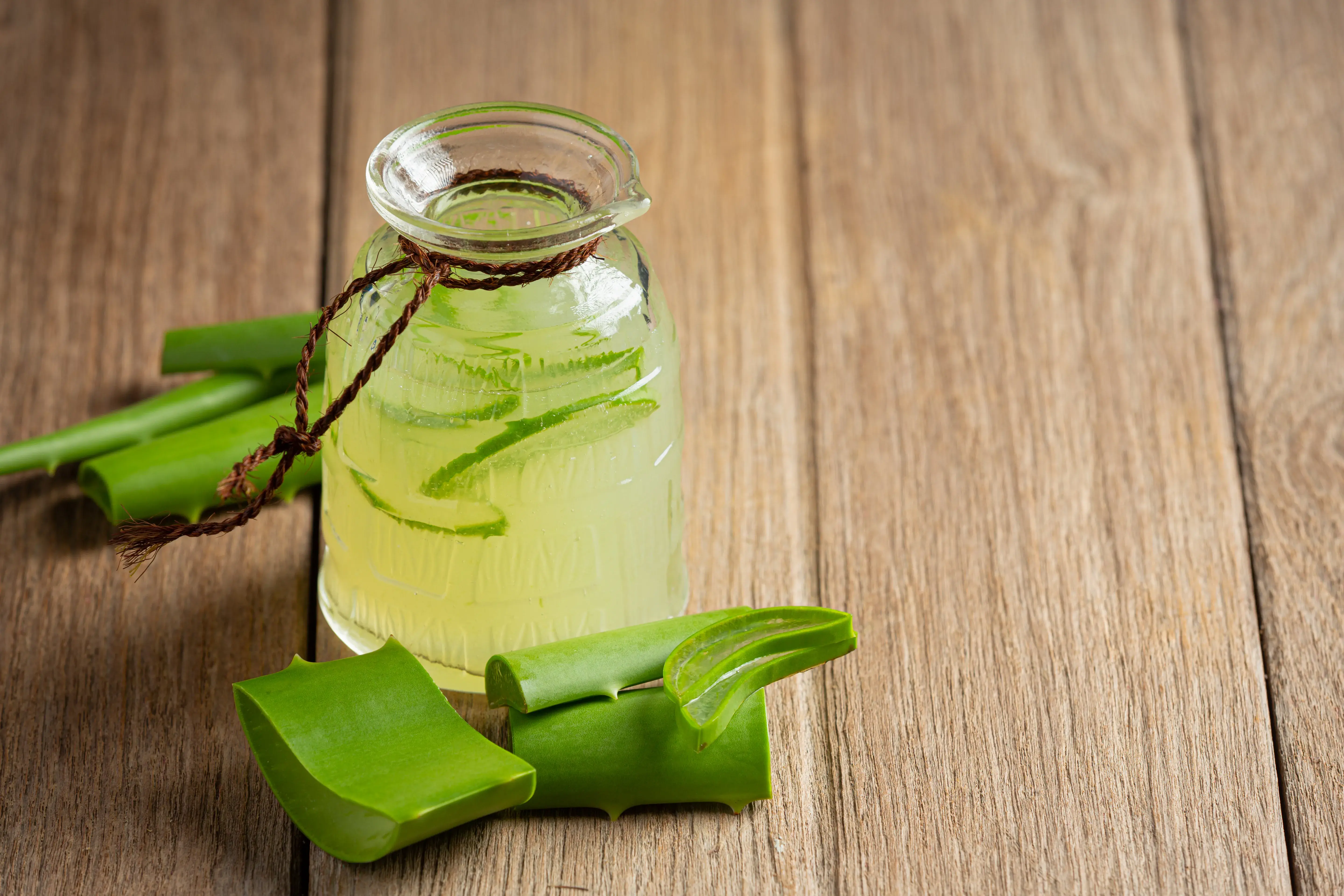
There are many beneficial effects of drinking aloe vera juices. These are beneficial in easing the symptoms of this type of hernia. In addition, they are anti-inflammatory and have soothing properties. Even regularly, people consume aloe vera juices, for they have many health benefits, and there can be lower risks of developing hernias.
2 Castor seeds
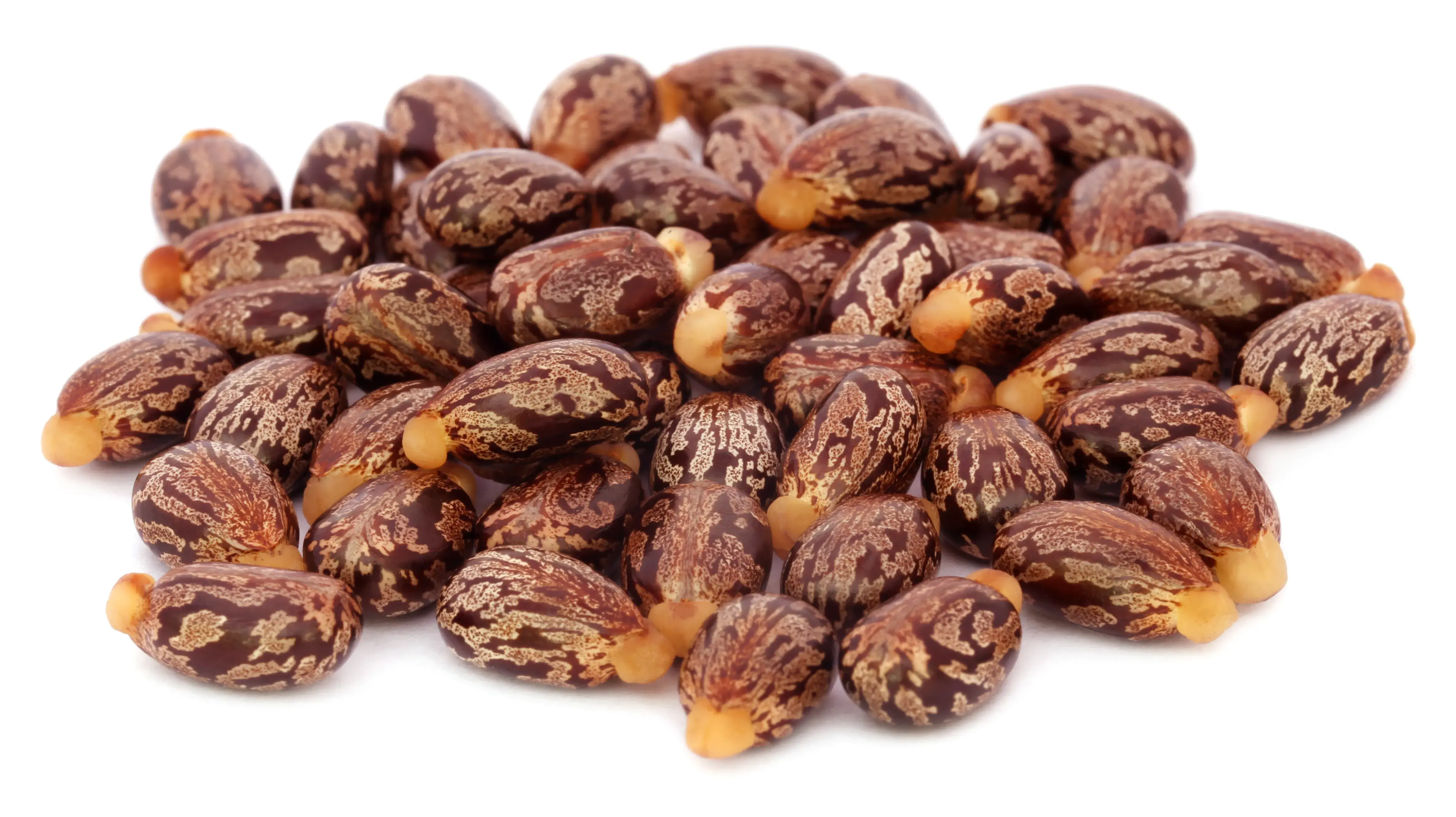
Castor seeds can help ease the issues of the stomach. They can help with the inflammation in the gut, and they can help promote proper digestion. You can also prepare a heat pack with castor oil seed and place it on the stomach. This can help soothe the pain as well as swelling in the affected areas.
3 Ginger tea and roots
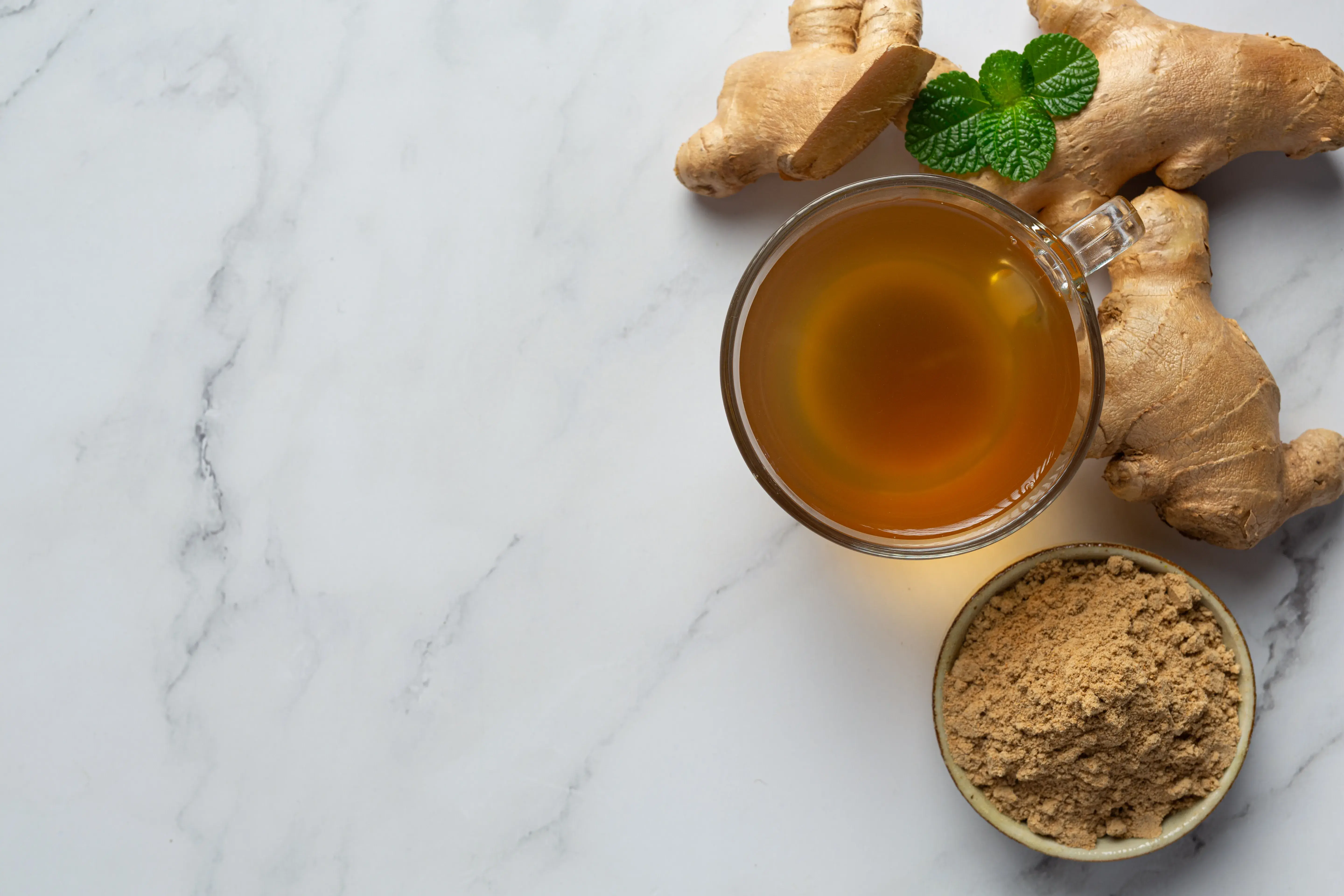
Ginger juice, or the raw form of ginger, provides relief from the pain and discomfort in the stomach. In addition, it can boost the health system and digestive systems. It restricts the production of gastric juices and can help with epigastric hernias.
4 Ice pack

When a patient is suffering from an epigastric hernia, they can feel inflammation and pain in the middle section of the body. The ice pack can trigger inflammation and pain in the abdomen, which can be inside the body and relieve pain and irritation. Epigastric hernia treatment without surgery is effective.
5 Black pepper
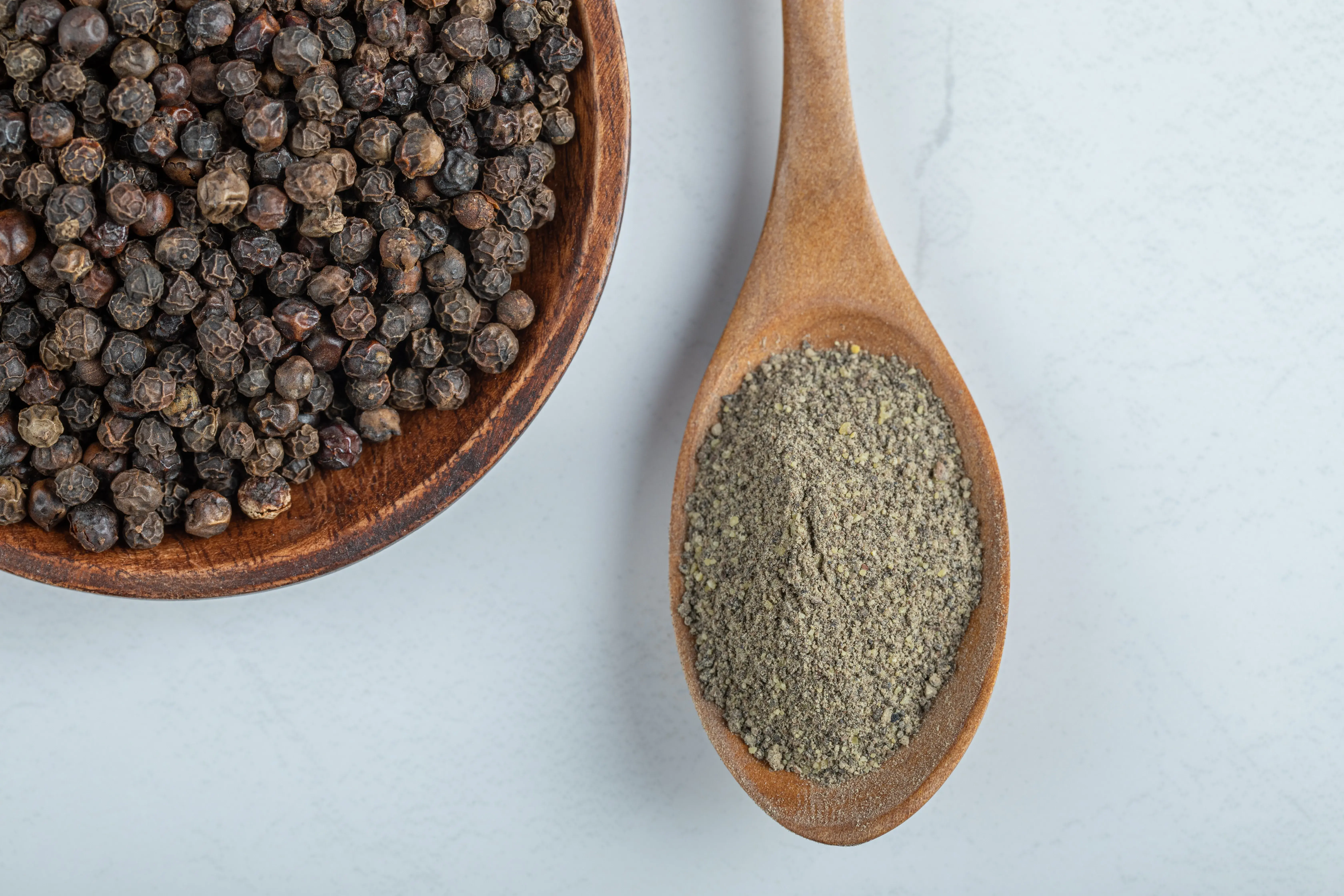
Black pepper is a common ingredient added to food for flavor and can help heal hernias. They can suppress the acid refluxes in the body and help cure the swellings in the regions of the hernia.
6 Loss weight

Obese people tend to have a higher risk of suffering from hernia. Obesity is one of the factors that can slow down the healing of many physical conditions. Losing weight helps maintain the body's posture and puts the body under lesser pressure, and it can also help with the symptoms of epigastric hernias.
7 Diet and lifestyle changes
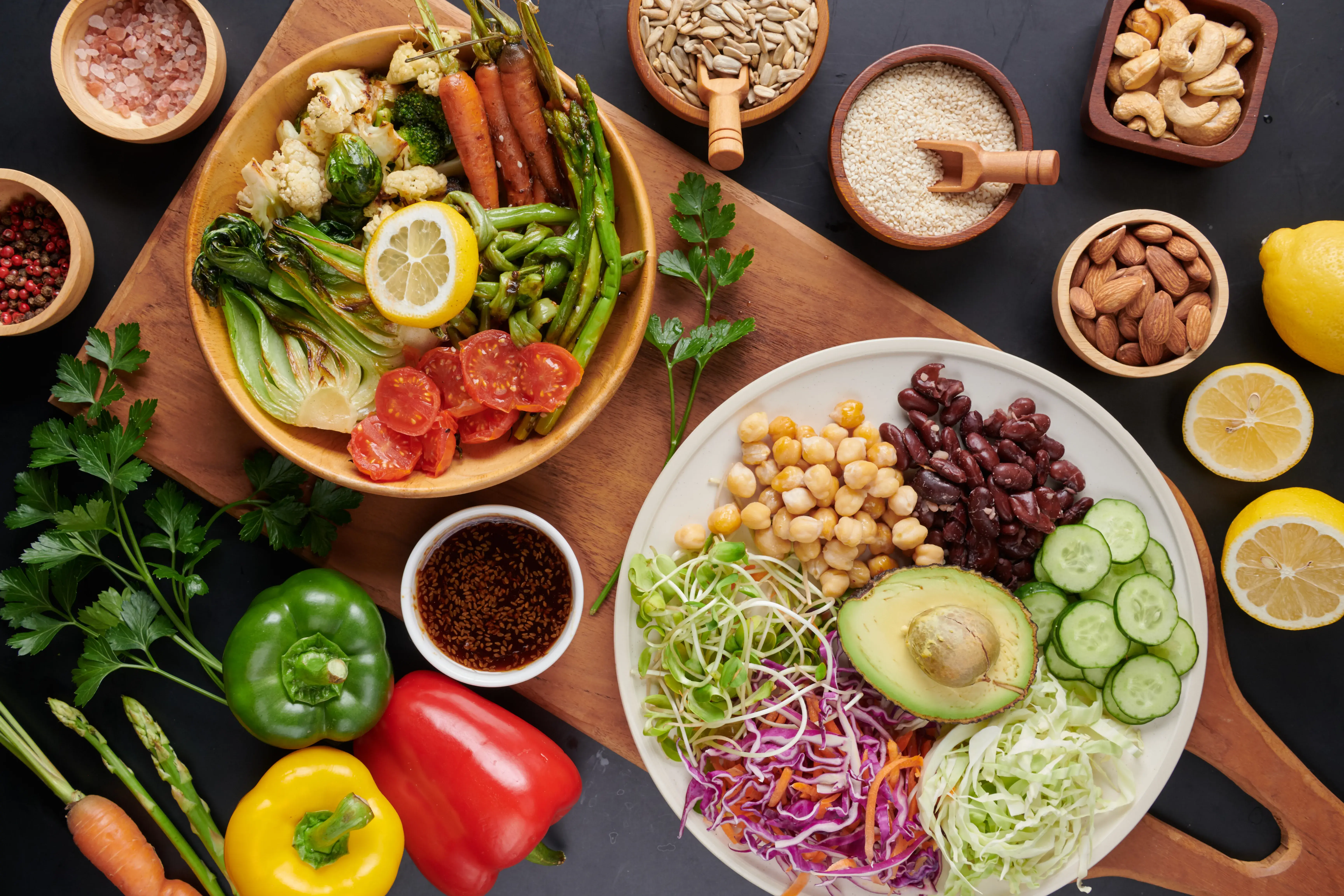
Spicy, acidic food that is difficult to digest should be avoided. The main reason for this is that the stomach lining can make it difficult to digest. Food that you can consume is cabbage juice, carrot juice, and yoghurt. In addition, include high fibre foods like oatmeal, whole grains, beans, legumes, and berries. Drink green tea and eat lean proteins.
8 Try yoga to reduce stress

Excessive stress can strain the metabolism and result in epigastric hernias; thus, patients need to reduce their overall stress. Some of the best practices for reducing stress are yoga and meditation. Massages and essential oils can also help reduce stress. Aromatherapy can also reduce stress. Try to avoid challenging poses that can put pressure on the abdomen.
9 Vegetable juices

One of the best and most effective treatment methods for epigastric hernias is drinking vegetable juices. Juices like green leafy vegetables and carrots can fill the requirements of vitamins and minerals and cause the vegetables' anti-inflammatory nature. They can also help soothe the burning and discomforting symptoms caused by to hernia. They can also provide the body with the necessary vitamins and minerals.
10 Avoid strenuous exercises

One of the leading causes of hernias is strenuous exercise. If you are lifting weights, then you should do it sparingly. Cut back on rigorous sessions and perform more straightforward exercises. For example, people who have hernias should not lift weights. One can opt for more straightforward exercises like brisk walking or walking in a swimming pool.
Also, Read Abdominal Hernias In Women: Know The Warning Signs
Some other natural remedies as an alternative
There is nothing better than finding reliable and harmless natural cures for any ailment. These cures can help you with the symptoms of an epigastric hernia. These Epigastric hernia treatments without surgery are entirely safe and effective. You can also include the following in the list of treatments mentioned above
- Drink a glass of milk with a pinch of turmeric in it.
- Drink a mixture of fennel, citrus seeds, and litchi seeds.
- Make ginger or green tea and drink it.
- Have higher fibre and protein meals.
- Eat fresh green vegetables.
- Try a cold compress.
- Take one spoonful of liquorice water and add half a cup of milk.
- Drink fresh buttermilk thrice a day.
Also, Read Before and after hernia surgery: 10 things to expect?
Factors to keep in mind while treating epigastric hernias without surgery
- Diet Hernias can be treated with the different options we have suggested in this article, but you also have to remember that a healthy diet can help make it better in no time.
- Acid reflux Try not to include food items that can cause too much pressure on the epigastric hernia or food items that can result in acid refluxes.
- Strenuous exercises Many strenuous exercises like planks for a long time can cause strain on the epigastric hernia and make them worse.
- Pressing on the hernias It is possible to push on the hernia while sleeping or working out; thus, it is essential to check the hernia while sleeping.
- Surgery Surgery should be the last resort when treating epigastric hernias. Though surgery is a quick fix, a hernia can also be treated with natural methods.
Also, Read Congenital Diaphragmatic Hernia: Symptoms & Treatment
Conclusion
Epigastric hernia can be painful and uncomfortable, but many treatments mentioned in this blog can help deal with this condition effectively. Try to include these points mentioned in the blog in your everyday life. Some of these options include drinking aloe vera juice and other fruit juices. Take the mixture of ginger and green tea and add them to your daily routine. Take proper rest, and do not strain your abdomen muscles. Avoid lifting weights and take care of your diet. Try taking some time out and using these treatment options. You might avoid surgery.
Frequently Asked Questions
Can epigastric hernia be treated naturally?
A hernia does require a medical procedure to be fixed. Thus you can not treat hernia naturally. However, you can opt for natural ways to relieve hernia symptoms.
Can epigastric hernias require surgery?
No small or minor hernia in children and adults can be cured with age, but there can still be some requirements for the operation. They can still be surgically repaired if you want to opt for surgery
Can one live with a hernia without surgery?
People with minor hernias may not require surgery. Many people can live with hernia throughout their lives. If your hernia is small without symptoms, then you can live with the hernia without surgery.
Can epigastric hernias disappear?
Epigastric hernias do not disappear on their own. You will be required to get surgery, and surgeons can help rid the epigastric hernias and their symptoms. However, natural remedies can help relieve the symptoms.
How can one shrink hernias naturally?
Naturally, one can opt for milk with a pinch of turmeric, herbal teas and smaller regular meals with high fibre and protein content. You should also include fresh green vegetables and whole wheat ingredients.

Reviewed by







